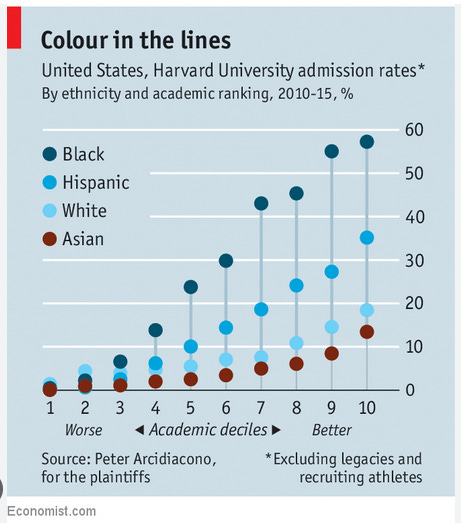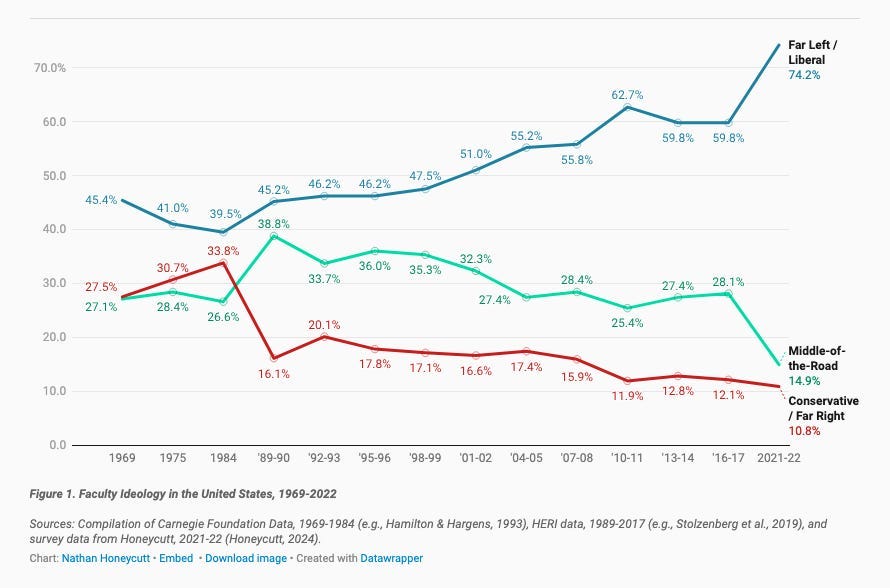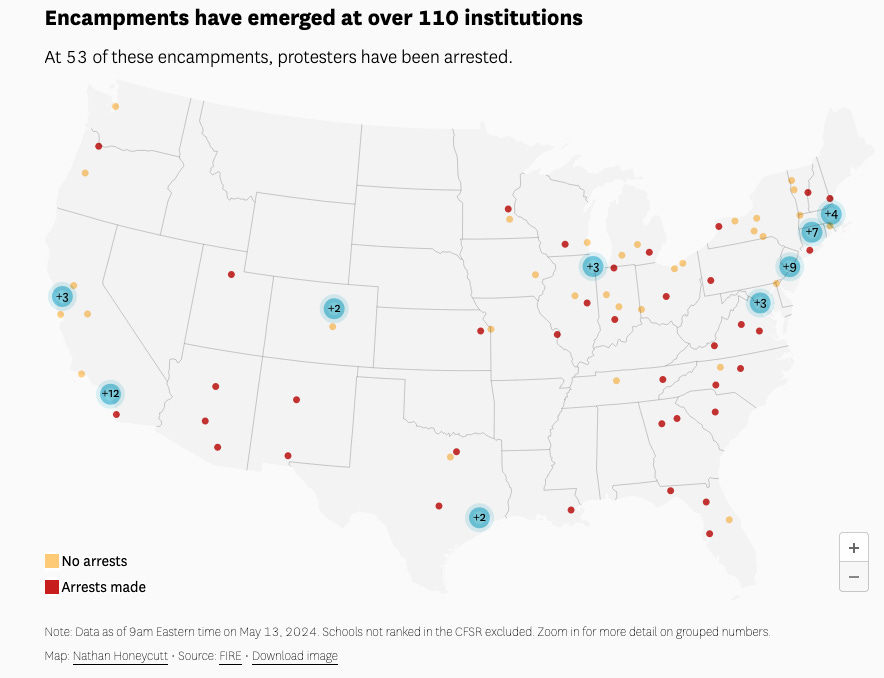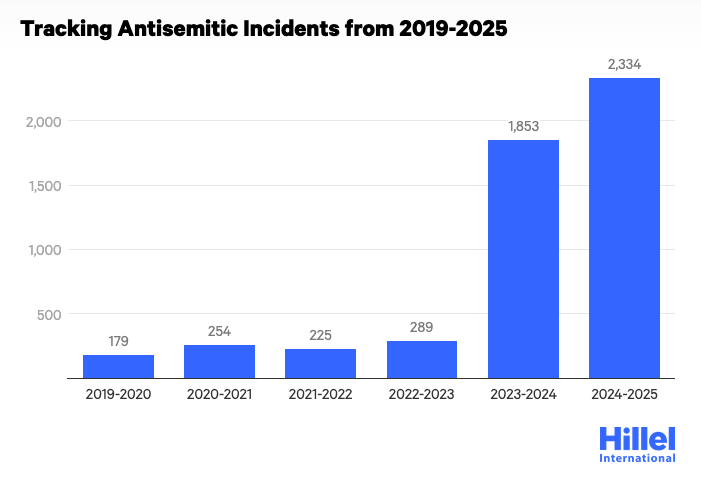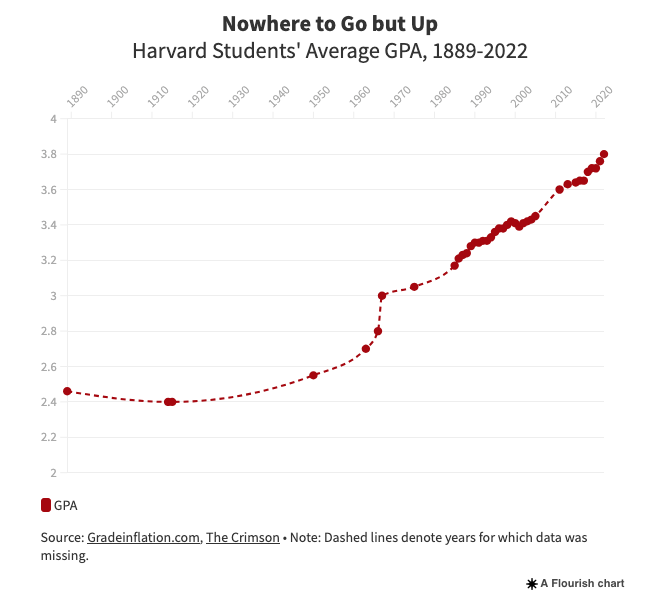From Heterodox to Helpless
Why Internal-Reform Is Not Enough, and the Case for a Veritas-Narcan for Higher Education
Originally Published 7/24/2025 on the Pursuit of Truth
Can universities be trusted to reform internally, or is external pressure required?
Step back, and imagine an analogy: your local police department has a bunch of problems with its professionalism, and there is tons of evidence of this.
Now ask yourself this hypothetical question: Is the department more likely to reform internally without external accountability, or with external pressure?
OK. Now, why would universities be any different? Human nature is the same.
There is no real incentive to change. Did the Catholic Church have a self-reformation? Do corporations keep as meticulous accounting records when they are never audited externally? Similarly, scholars who benefit from an ideological monoculture are not incentivized to change their universities; admitting problems and fixing them would undermine their own authority. That would ruin the party.
Also the epistemology guiding many internal reform efforts tends to be too relativistic and pluralistic, and therefore powerless when faced with robust ideologies like DEI/critical constructivism, or other pseudo-religious secular ideologies that will replace it. An internal reformer that is perpetually neutral, militantly agnostic, obsessively harmless, and ruminates more on how to be agreeable than truthful, won’t change much.
***
I have great respect for Heterodox Academy and its mission; indeed I have been a member of Heterodox Academy since its inception, and its leader, John Tomasi, is someone I know and admire (I was one of his teaching assistants when he was at Brown). I believe Heterodox Academy has contributed important ideas and initiatives to the conversation, and I have even contributed to their blog.
Yet, respectfully, I think Heterodox Academy is incorrect to oppose the Manhattan Statement on Higher Education.
Why?
Internal reform efforts, while noble, have, as an empirical matter, largely failed to produce meaningful structural change over the last decade. Despite increasing awareness of the challenges to free inquiry and institutional neutrality, the prevailing culture has within most so-called elite universities during the tenure of Heterodox Academy in the past 10 year become more, not less, resistant to academic freedom, civil discourse, ideological diversity, open inquiry, and truth seeking.
The evidence is overwhelming and hard to deny, and has been worsening — not improving — over the past 10 years:
In 2024: 83% of US academics agree “that free speech was more limited than ten years ago”. Internal reform hasn’t made free speech increase over time.
Speech codes and bureaucratic restrictions on expression got worse over the past decade (in 2024: “85% of top colleges have restrictive speech code…the number of schools with the worst polices is increasing”)
DEI loyalty oaths in hiring and promotion were hardly heard of 20 years ago, and since then became widespread. Internal reform did little to fix this. It got so bad that in 2017, “UC Berkeley search committee rejected 600 of over 800 applicants based solely on their DEI statements”
Violations of civil rights law and meritocracy in admissions was never fixed by internal reform for decades, and was only called out by outside accountability from the Supreme Court (Students for Fair Admissions v. Harvard, 2023). Students were given hundreds of percentage points in advantages, and penalties, depending on their race.
Non-meritocratic hiring and promotion of faculty has not improved in the past decade. For example, from 2013-2023, patterns in faculty hiring at Harvard suggest the same kind of unequal standards and DEI quotas that discriminate against Asian American and European Americans that have been exposed in selecting students in admissions also exist in selecting faculty.
The proliferation of an 8 billion dollar industry of non-evidence-based diversity trainings that fail to have meaningful effects, and likely even worsen biases.
Improved viewpoint diversity? How about worsening ideological homogeneity and conformity among faculty instead: liberal to conservative professor ratios going from over-representation by 65% of liberals in 1969, to 587% by 2022.
More frequent public punishment or “cancellation” of scholars for their speech. Would you believe this increased by over 3000%? According to FIRE’s Scholars Under Fire database, “attempts to punish college and university scholars for their speech skyrocketed over the past two decades, from only four in 2000 to 145 in 2022”. For some case studies, see Tyler Vanderwele's quite shocking description of his treatment at the Harvard School of Public Health, for example, or the experience of Martin Kuldorf losing his tenure at Harvard Medical School for breaking COVID taboos.
Improved civil discourse? Why the widespread encampments in 2024 that violate time, space, and manner rules in an academic community.
Improved civil discourse? How about worsening Antisemitism? Purified monocultures allow radical ideologies to flourish, such as critical social justice inspired left-wing antisemitism (read Marx’s essay “On the Jewish Question” for one source of the current plague of hatred). According to Hillel International, “Antisemitic incidents on campus reached their highest-ever level during the 2024-2025 school year”
Open inquiry? Not with ever-inflating grades that undermine intellectual honesty. This trend likely has arisen from students being more fragile to negative academic feedback due to the larger corruption of the culture of intellectual discourse, and also as a trend that serves to mask differences in performance that result from illegal and racially discriminatory admissions policies.
As open inquiry has been throttled, a culture of grievance confirmation has overcome a culture of hypothesis testing. The rise of a dogmatic and anti-intellectual culture in the social sciences and humanities, in which only oppression and bias are permitted as causal explanations for social phenomena. Such a culture explains how politically correct but intellectually vacuous or absurd papers can be easily published, but intellectually rigorous but politically incorrect statements in an academic community can get one cancelled.
Students are increasingly taught what to think, not how to think. Syllabi no longer serve as neutral frameworks for inquiry, but are themselves often ideologically curated documents. As faculty have radicalized and purged most colleagues who think differently beyond a narrow range, it is no surprise that their syllabi are increasingly shaped by predictable ideological filters in courses dealing with moral and social issues, and rarely pair favored texts with genuine opposing arguments.
Among students, from 2016 to 2024: “the perception that free speech rights are "secure" has dropped by 30 percentage points,” down to only 43%. and “Two in 3 students say self-censorship limits educationally valuable conversations on campus, and 2 in 3 report self-censoring on some topics during classroom discussions”
% of students who feel the following freedoms are very secure or secure today (the Knight Foundation):At Harvard in 2025, around only 1/3 of students feel comfortable expressing their opinions about controversial topics (and only 17% of conservatives).
Faculty increasingly feel they cannot speak freely (2024: only 27% of faculty “think academic freedom is secure on their campuses” and “35% of faculty say they recently toned down their writing for fear of controversy, compared to 9% of faculty who said the same during the McCarthy era”).
If Heterodox Academy cares about data, it should conclude that internal reform over the past 10 years has on the whole failed.
That’s why I chose to sign the Manhattan Institute statement. It is a necessary escalation amidst the university’s self injurious behavior and suicidality. Self-regulation has been minimal. Internal reform, despite good intentions, has failed spectacularly.
To borrow a medical metaphor: when does a family member or clinician intervene when a person has become self-destructive, despite repeated protests that they are self-regulating? It is a tough ethical question. Yet in the case of the universities, given the last 10 years of evidence and its self-destructive trajectory, the right thing to do is not so foggy: the patient has overdosed on its DEI opiates. It is unconscious, turning too blue, and now requires veritas-narcan and institutional CPR to be revived from its stupor. Public trust in our universities has declined over the past 10 years.
When a situation has escalated to the point of self-destructiveness, continued trust in another round of self-control and internal reform is not only blind to past evidence but can even be willfully negligent and actively harmful, or at the very least is plausibly careless.
That doesn’t mean one will necessarily have an ethical and competent doctor, but it does mean one has to admit the need for help from the outside, and give up the illusion of the sufficiency of internal accountability. Governments should follow administrative law and procedural norms (and courts may find that the Trump administration has not), yet, that doesn't obviate the central point that outside accountability is what has and will in the future -- as an empirical matter -- result in change, whereas internal reform has been relatively unproductive given the very large scope of the problem and the time frame it has been present.
Once conscious again, much more than even 40 days of rehab are needed to prevent a recurrence. Without external accountability and public pressure, there is little hope of restoring the non-sectarian university to its foundational and classical mission: the pursuit of truth as a sacred enterprise, pursued through reasoned argument (however offensive), ideological openness, and truly free inquiry regardless of one’s immutable characteristics or identity, using rigorous scholarly methods, come what may.
Wrong Speak is a free-expression platform that allows varying viewpoints. All views expressed in this article are the author's own.



